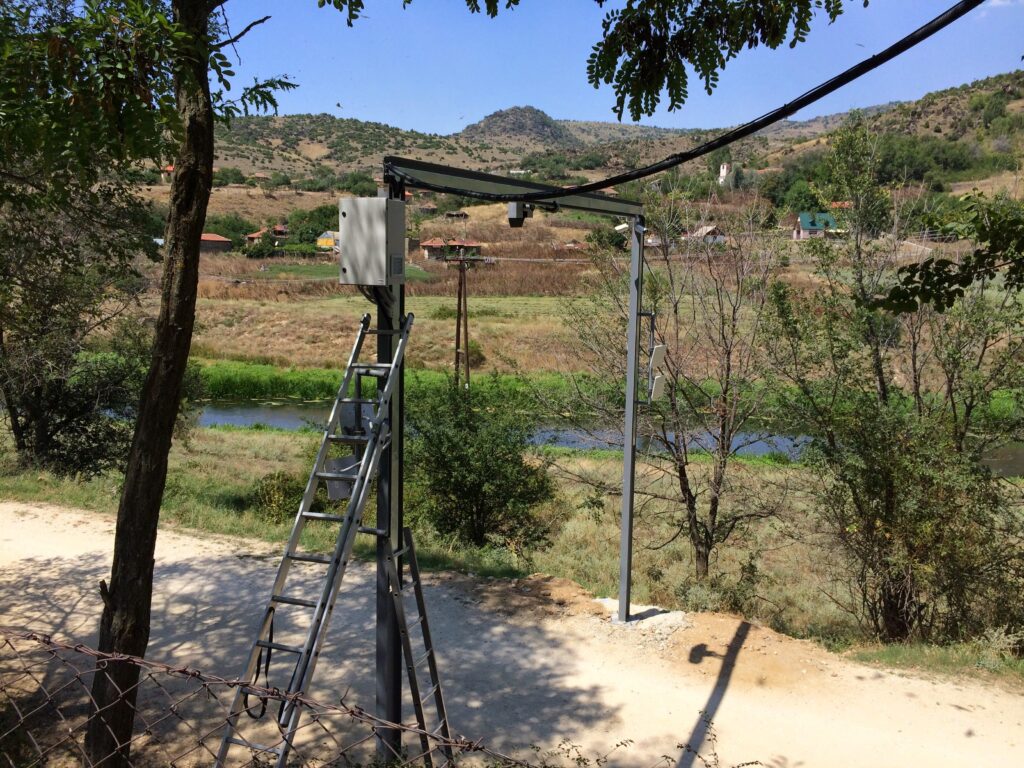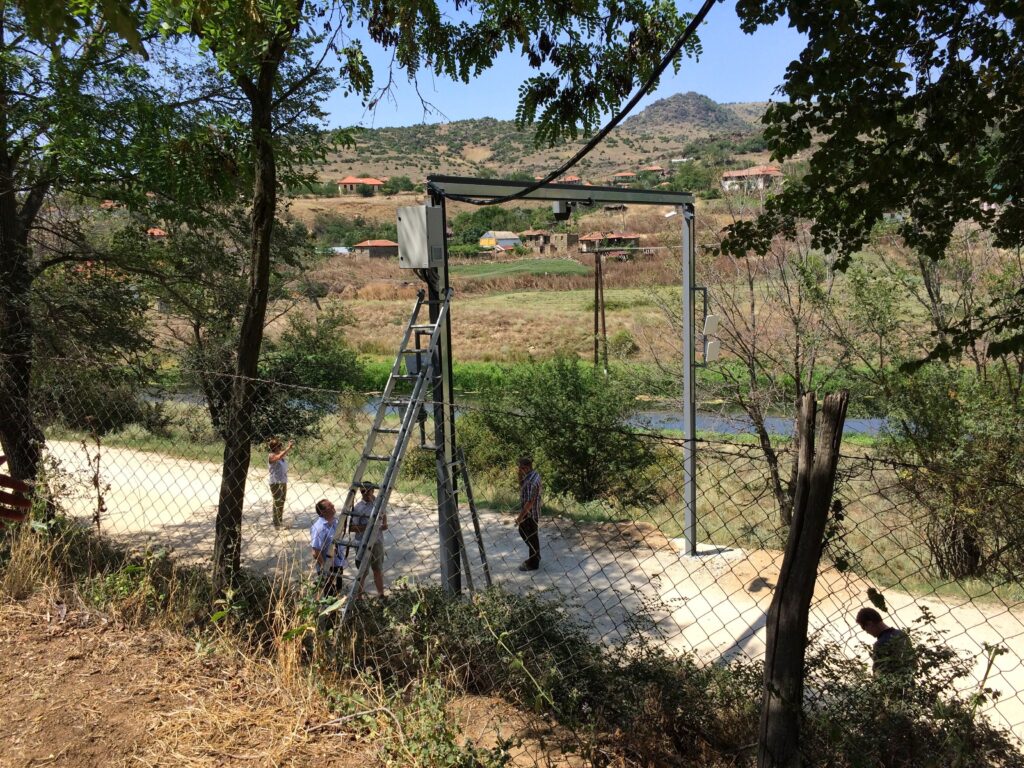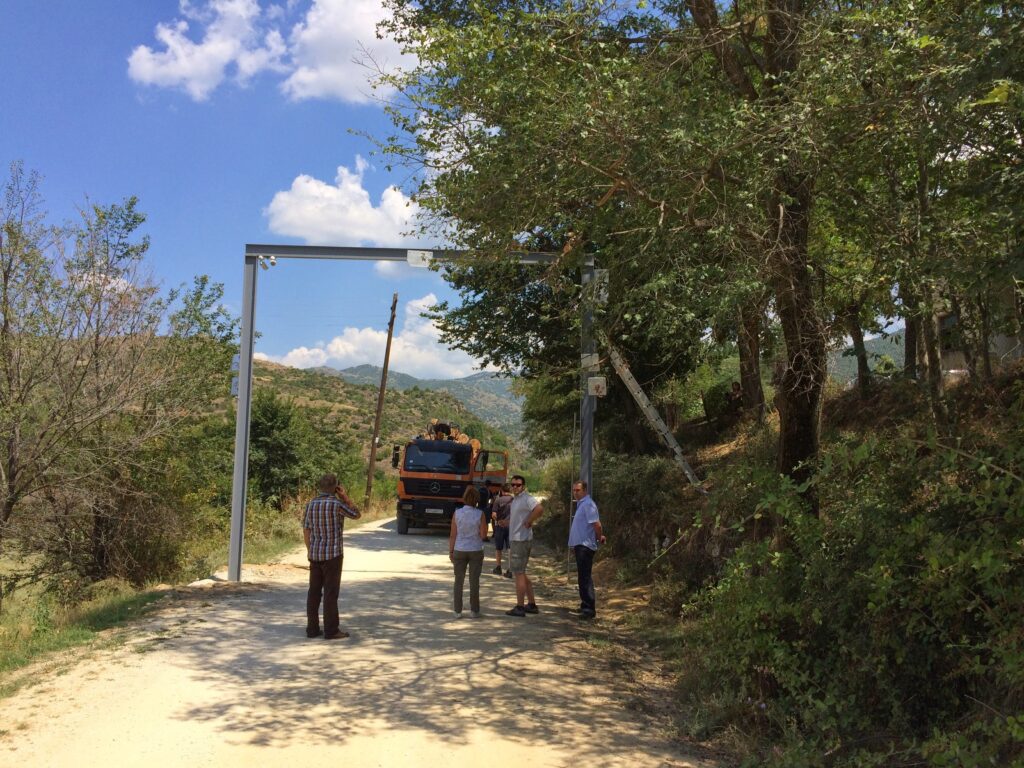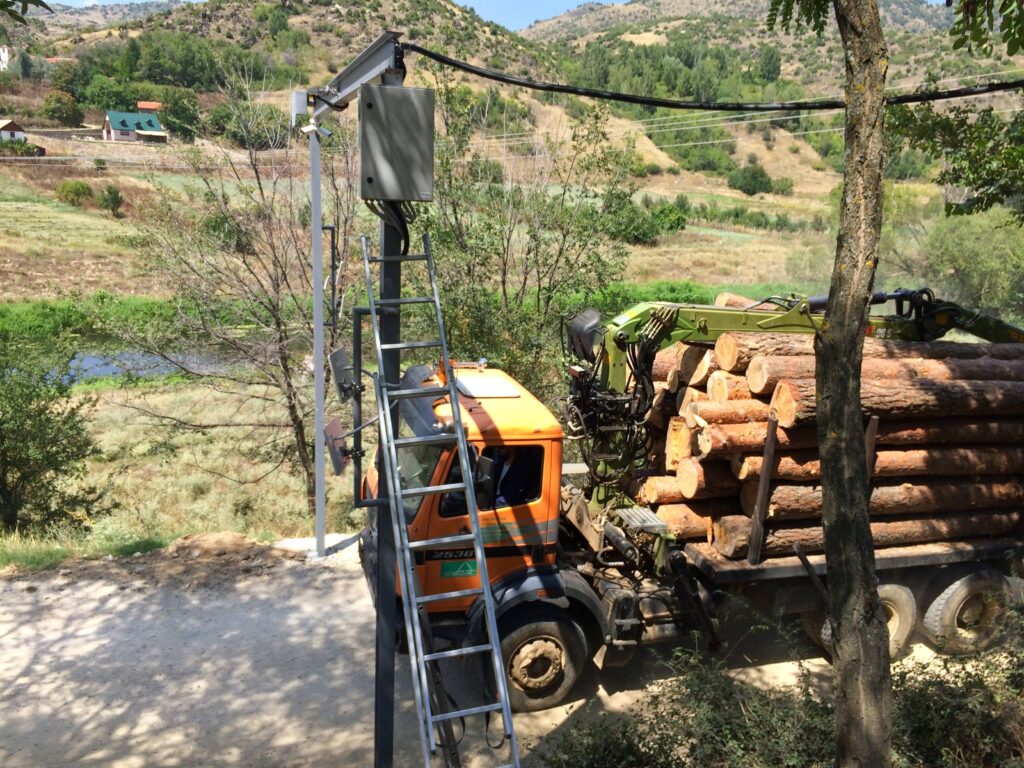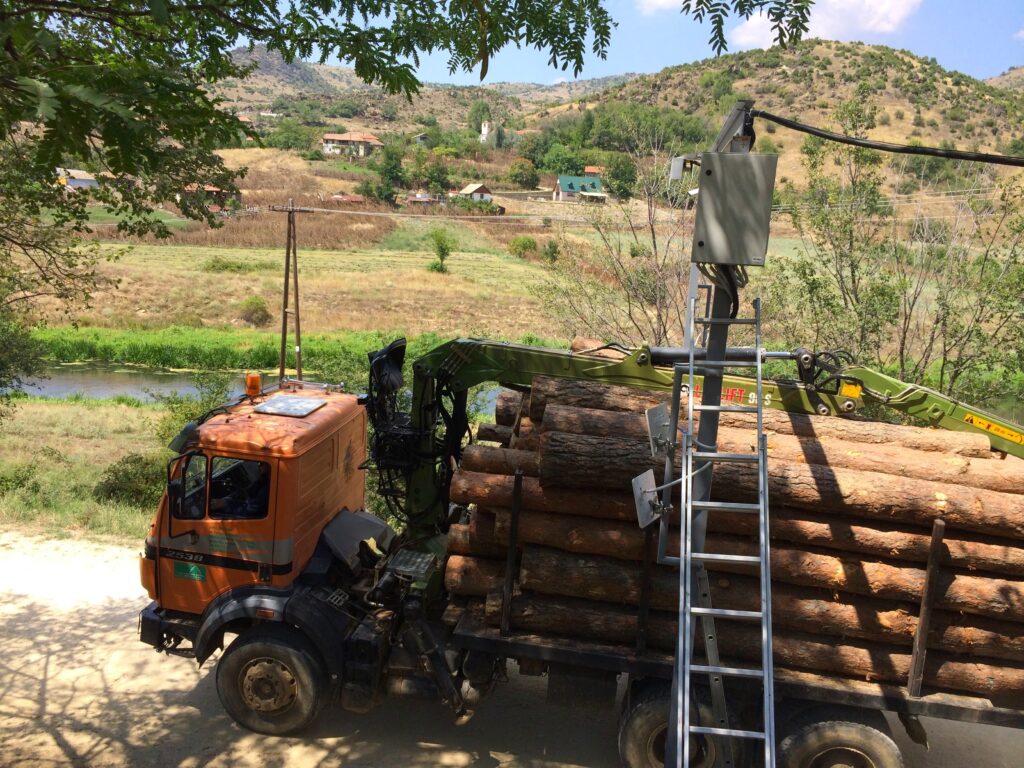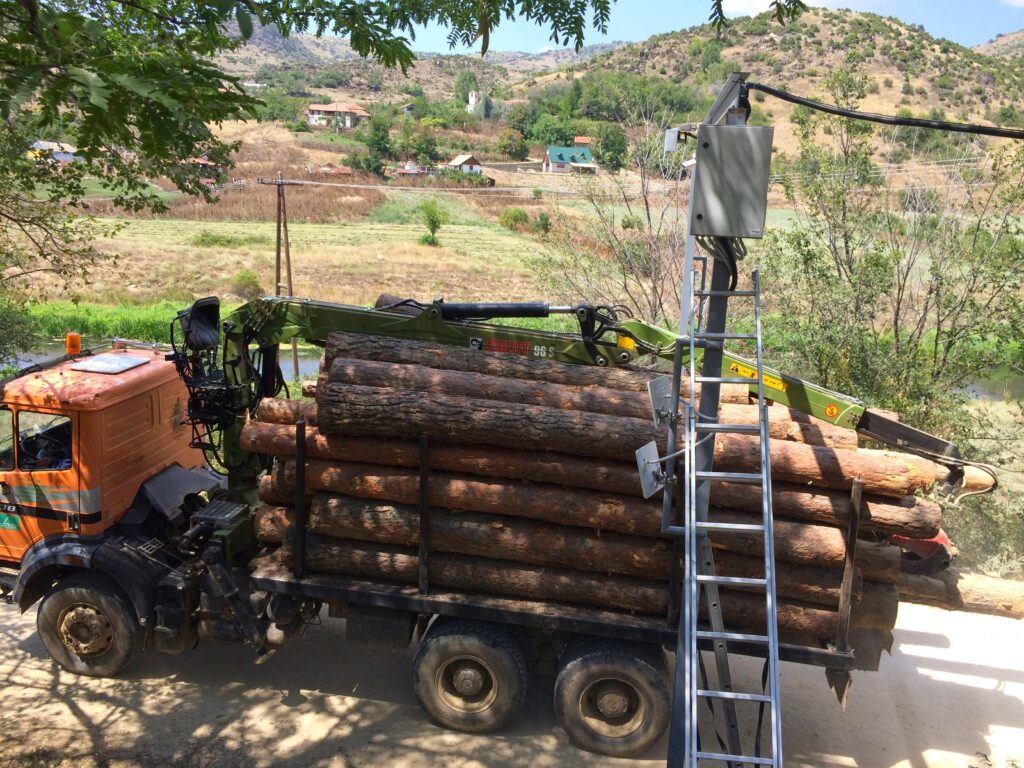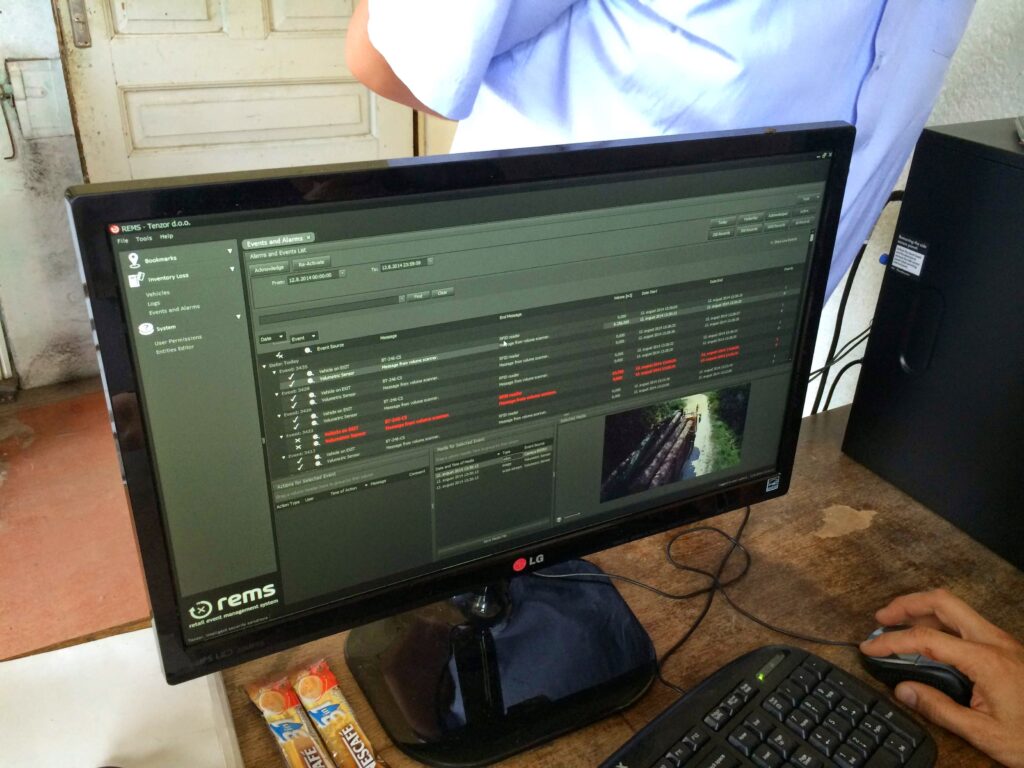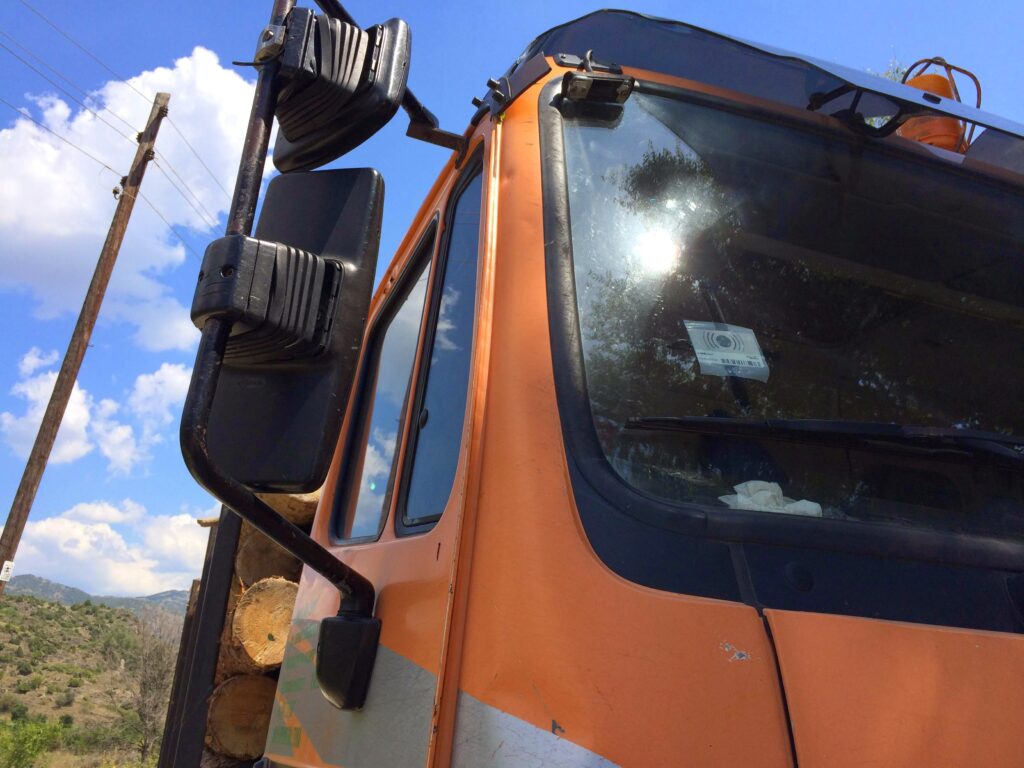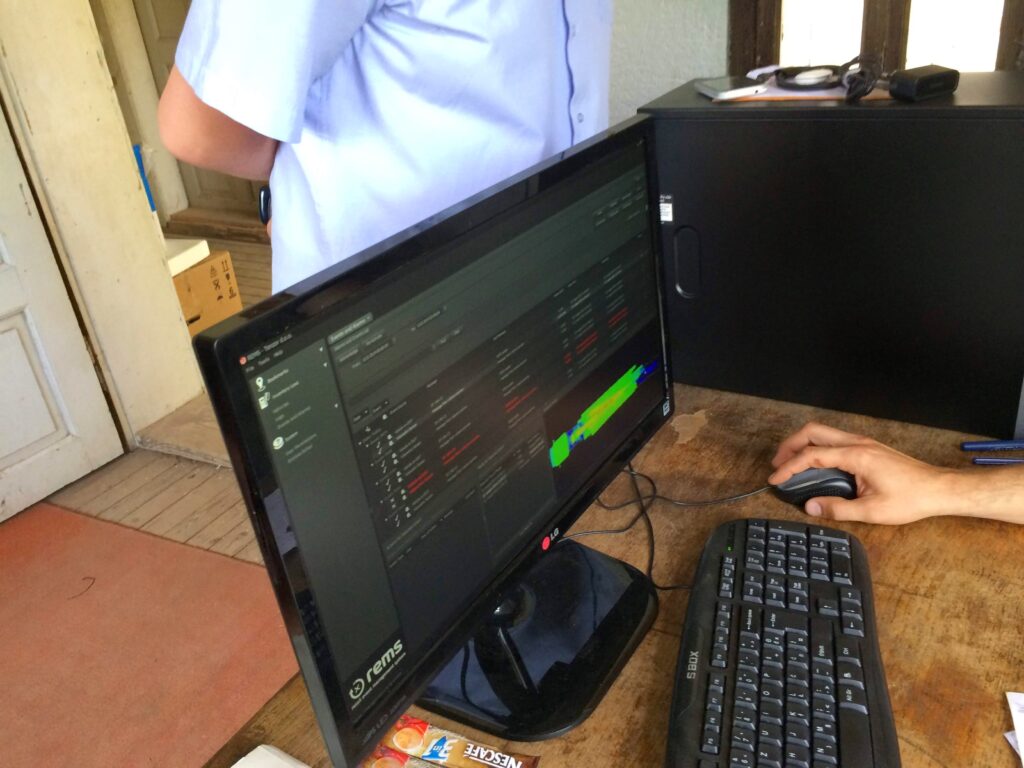Project funded by Greece – The Former Yugoslav Republic of Macedonia IPA Cross Border Programme 2007-2013
Role in the project: subcontractor
Period of implementation: 2013-2014
Illegal logging and the cross-border trade in illegally logged timber is currently a major concern among all countries worldwide. Based on World Wide Fund for Nature (WWF) data, the share of illegal logging is estimated at 20% to 40% of the total global industrial wood production, while the annual global market value of losses from illegal cutting of forests is over US$10 billion. Illegal logging and trade has a multi-dimensional impact, ranging from environmental damage, foregone governmental revenues and crime.
In this context, EU has published its Action Plan on Forest Law Enforcement, Governance and Trade (FLEGT) in May 2003, while the new EU legislation is expected to come into full force in March 2013. Greece and the Republic of Macedonia have to promptly act and join forces in combating and restricting illegal logging and timber trade. In particular, they urgently need to jointly assess and take actions according to suggested EU FLEGT legislation, as well as they must promptly jointly react in restricting illegal timber trade across their borders.
The project develops specific recommendations for enhancing and modernizing relevant policy framework, develop policy pillars and guidelines, develop regional operational/implementation plan, as cascaded by policy guidelines, describing actions steps required, governance model and prescribed technology architecture. These activities will also be complemented by an actual implementation pilot project conducted in cross-border participating regions, where operational soundness of plan will be tested, providing feedback for further plan’s improvement and acting as “test-bed” for full-scale implementation.
The project consortium consists of directly relevant regional stakeholders from Greece and the Republic of Macedonia. Members include Decentralized Administration of Macedonia and Thrace (GR), EKETA (GR) and TEISERRON (GR) as experienced technical partners, Public Enterprise Macedonian Forests (MK) and National Association of Private Forest Owners (MK). The project consortium is considered optimal for ensuring in the short-run, effective project implementation, driving project activities and meeting project objectives but most importantly, for ensuring project results sustainability, being responsible for undertaking prescribed solution full-scale implementation.
GAUSS Institute was a subcontractor to Public Enterprise Macedonian Forests (MK) responsible for the development of two key deliverables/ studies in the Republic of Macedonia needed as preparation for the pilot implementation:
- Timber Market Analysis in the Republic of Macedonia
- Technical and operational plan for the implementation of a pilot project for the automatic detection of illegal logging
Timber Market Analysis in the Republic of Macedonia
Recognizing the importance of forests, the focus of this analysis is on the timber market in the Republic of Macedonia from 2000 to 2012. The analysis consists of the following indicators: logging of wood by assortments, types of wood mass, types of trees in state and private forests; indices of production of wood and wood products; import and export of wood and wood products, as well as the movement of prices for wood and wood products.
Based on this data, five-year forecasts (2013-2017) were then made for what trends can be expected in the future. All data in the following text is taken from the State Statistics Office of the Republic of Macedonia.
Technical and operational plan for the implementation of a pilot project for the automatic detection of illegal logging
This study identified current practices and proposed technical solution for automatic detection of illegal logging. It covers
- Part I. Existing situation
- Documenting the logging of wood. In this part, the existing practice of documenting the logging are analyzed: Way of marking, preparation of documentation, control of logging, control of documentation, sanctions of violators.
- Analysis of information distribution and existing information systems in PE Macedonian Forests. In this part, the process of information distribution in PE Macedonian Forests and the information and communication equipment and software used for that purpose should be analyzed.
- Part II. Technical and operational plan
- Technical characteristics of RFID technology. Elaboration of the technical characteristics of RFID: frequencies, standards and certification, tag shapes, RFID readers, and application examples.
- Overview of examples and best practices for applying RFID for monitoring logging and distribution of wood.
- Technological challenges and feasibility of an RFID-based logging tracking installation.
- Analysis of available RFID technologies for marking trees. In this section, it is necessary to analyze what type of markings should be attached to the trees, their resistance to atmospheric influences, durability, method of application, etc., in order to choose the most suitable ones for application in PE Macedonian forests.
- Cost/Benefit analysis of logging monitoring systems based on RFID technologies. Analysis of: phases of RFID implementation, scenarios for RFID implementation, equipment for implementation and costs for implementation of RFID systems.
- The process of documenting the felling of wood after the introduction of RFID technology to monitor the felling and distribution of wood.
- Propose a technical solution for implementing a pilot project for automatically detecting illegal logging based on RFID technology.
The proposed technical solution of the pilot project is summarized below.

On the basis of our technical and operational plan a pilot project for the automatic detection of illegal logging was implemented (constructed) in the village of Skochivir, Novaci Municipality in the Republic of Macedonia.
